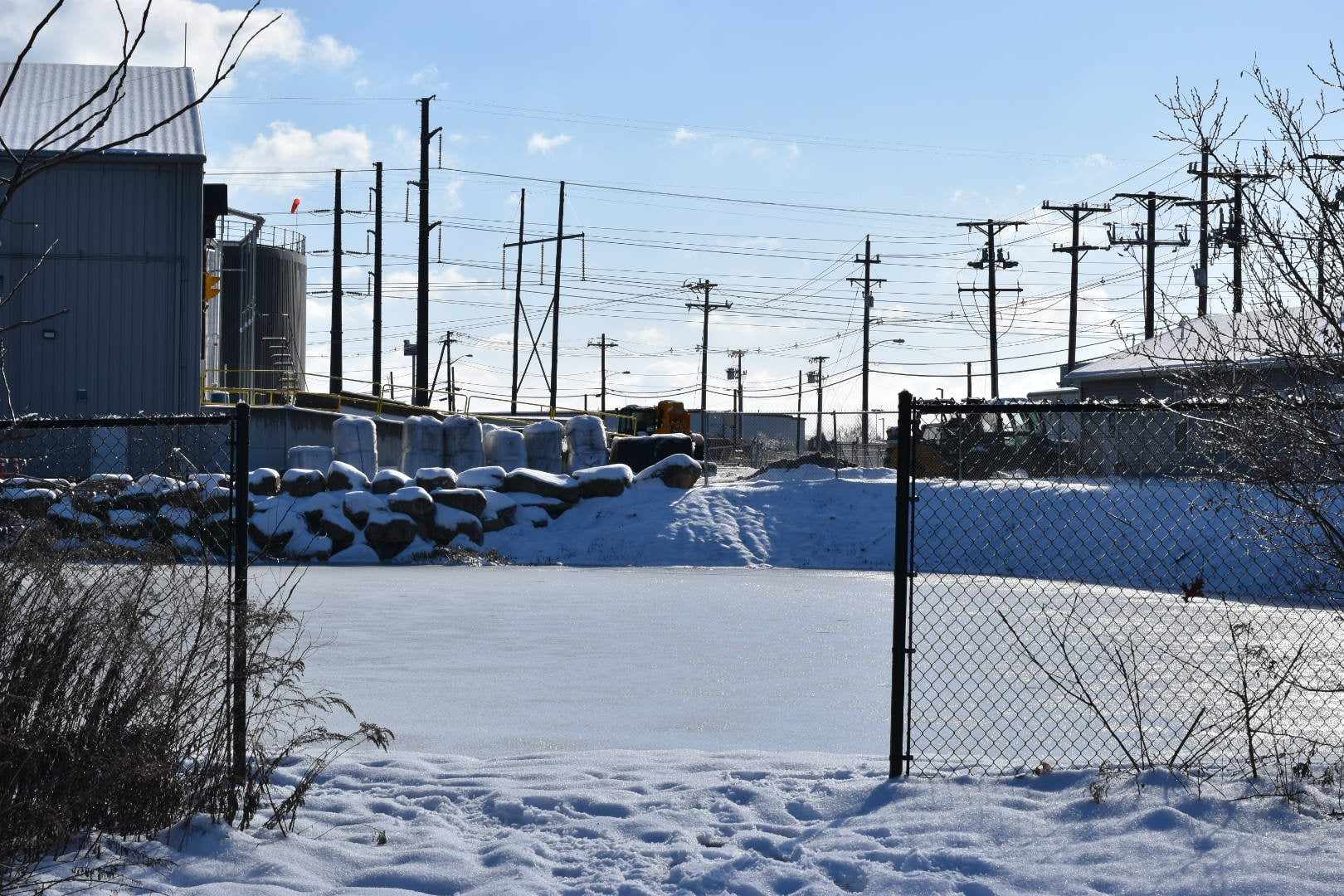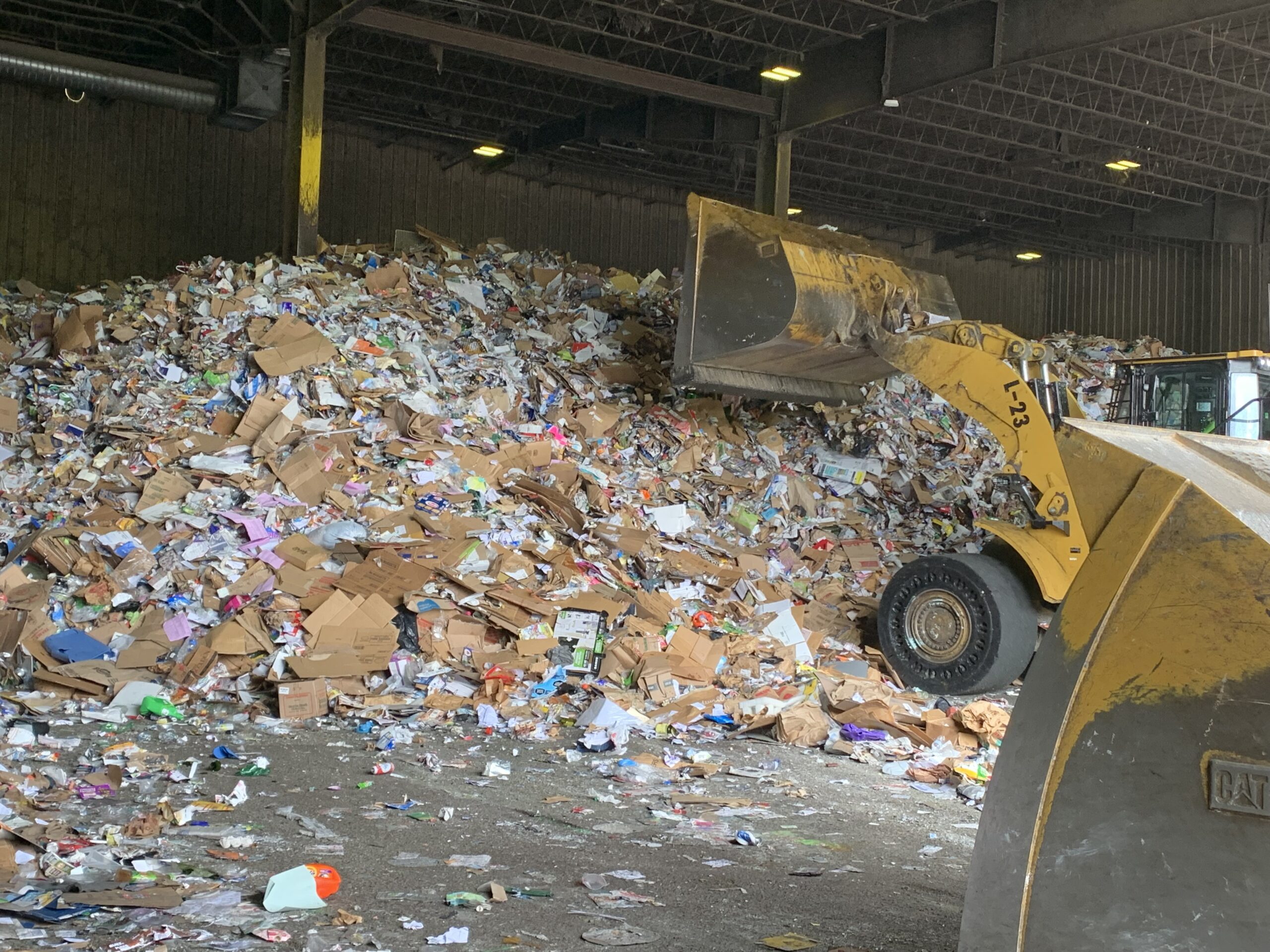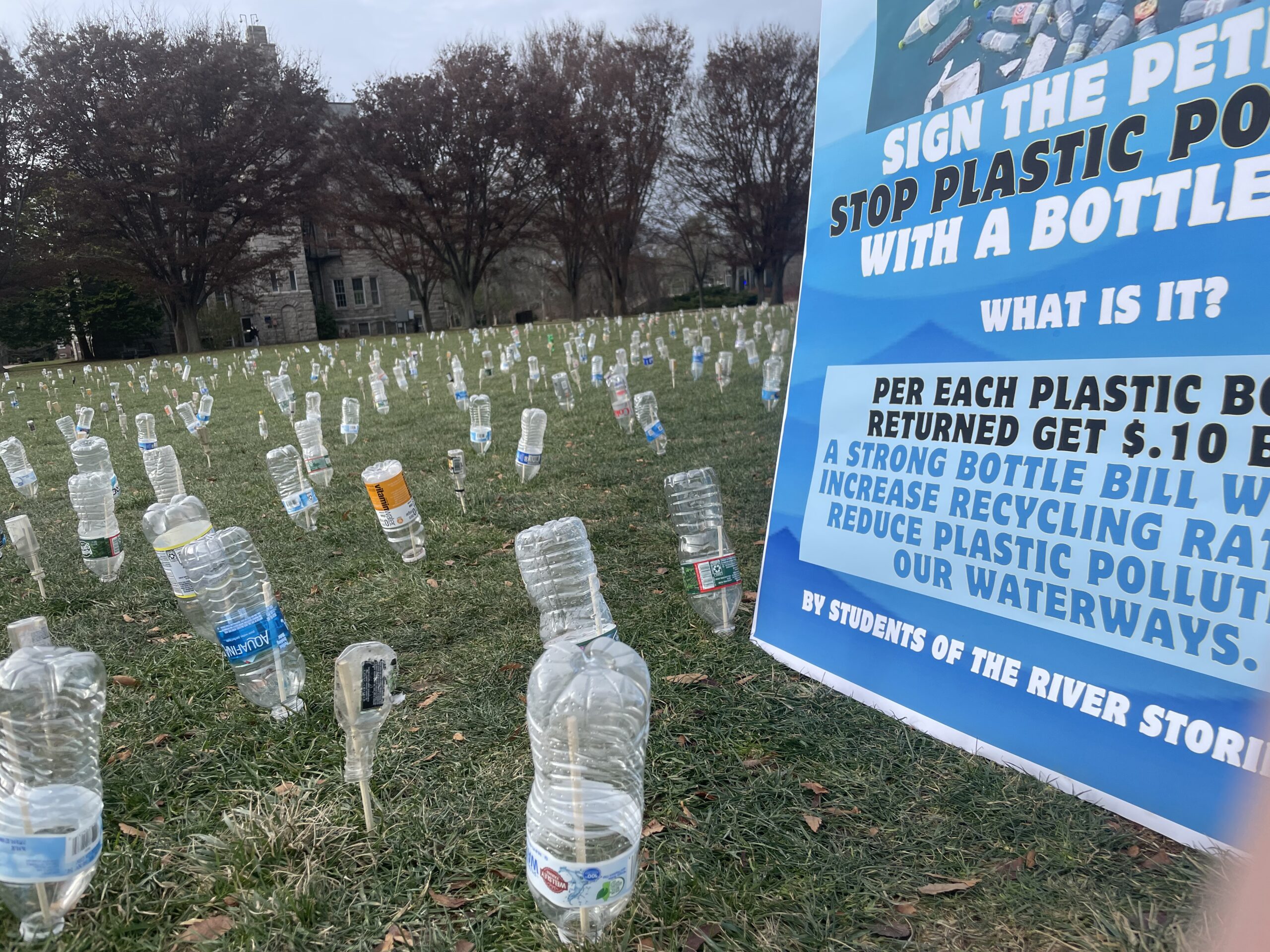Rhode Island Composting Law Now Official, But Weak
October 18, 2014
CHARLESTOWN, R.I. — Rhode Island may have the least stringent composting law among its neighbors, but it’s a start, says Rep. Donna Walsh, D-Charlestown, the sponsor of the recently signed-into-law legislation.
“I wish it had been a little bit better, or a little bit stronger, but that’s OK,” she said during the Oct. 17 bill-signing ceremony at Earth Care Farm, the state’s only commercial food-scrap composting facility.
The initial version of the bill required composting for all institutions by 2021. But after opposition from restaurants and school groups, the compliance threshold was reduced to a smaller pool of institutions — those that generate 2 tons or more of organic waste per week. Several exemptions also were added, such as a “fair-price” provision that allows institutions to opt out if it’s cheaper to ship food scrap to the landfill. K-12 public schools also are exempted.
Connecticut’s composting law began this year with a 2-ton-per-week threshold. It drops to 1 ton by 2020. Only those institutions within a 20-mile radius of a composting facility or food digester must participate. The Massachusetts ban on food waste began Oct.1 and requires institutions, including all schools, that generate 52 tons of organic waste annually to participate, regardless of proximity to a facility.
The Rhode Island law applies to institutions within 15 miles of a facility and takes effect Jan. 1, 2016.
Walsh and other speakers said the delayed start will give farms and other organic-management facilities time to open to the public. To help small- and medium-size composting operations, the state plans to release a draft of updated composting guidelines this fall, said Janet Coit, director of the state Department of Environmental Management (DEM). Plans for large organic-waste digesters are underway in North Kingstown and Johnston.
“It will help the environment. Anaerobic digestion reduces greenhouse gases by recycling organic waste and turning it into clean energy and soil products, and it prolongs the life of the landfill and reduces a resource that would otherwise go to waste,” Sen. Susan Sosnowski, D-Charlestown, said.
Sosnowski also noted that the law creates new green businesses and jobs. At least one company — The Compost Plant — is already collecting and transporting food scrap to Earth Care Farm. In six months, the Providence-based business has collected 150 tons of food scrap from some 10 schools and businesses. The company recently purchased a second truck for collections.
One Compost Plant customer, Roger Williams University, testified that recycling food scrap is less expensive than throwing it away. Joe Carney, the school’s catering director, said that all cafeteria food is bought locally and composted locally, and the fertilizer created is used by local farmers. Edible leftover food is donated to a homeless shelter in Middletown.
“So, this completes the cycle, and this is what’s most important,” Carney said.
Mike Merner, owner of Earth Care Farm, began composting in 1979, well before environmentalists and other advocates began praising the benefits of food recycling and calling for a statewide program. Merner’s high-grade fertilizer feeds his crops and is sold to growers and landscapers. Composting is about soil health, he said, but less than 2 percent of organic scrap is converted into fertilizer.
“We have a long way to go, but this bill is a start and it’s very positive,” he said.
Categories
Join the Discussion
View CommentsRecent Comments
Leave a Reply
Your support keeps our reporters on the environmental beat.
Reader support is at the core of our nonprofit news model. Together, we can keep the environment in the headlines.
We use cookies to improve your experience and deliver personalized content. View Cookie Settings




In around 25 years, Rhode Island’s landfill will reach full capacity, and nearly one-third of what Rhode Islanders currently throw away is compostable organic material. The Compost Plant is the first full-service commercial compost operation in Rhode Island. The Compost Plant provides organic waste hauling pickup for local restaurants, food-processors, and food businesses. Collecting food scraps can create an odor so each of their trucks is equipped with a pressure washer to clean the truck after it is emptied. Overall, it is a great business and they have started something that everyone should consider to do with their organic waste.